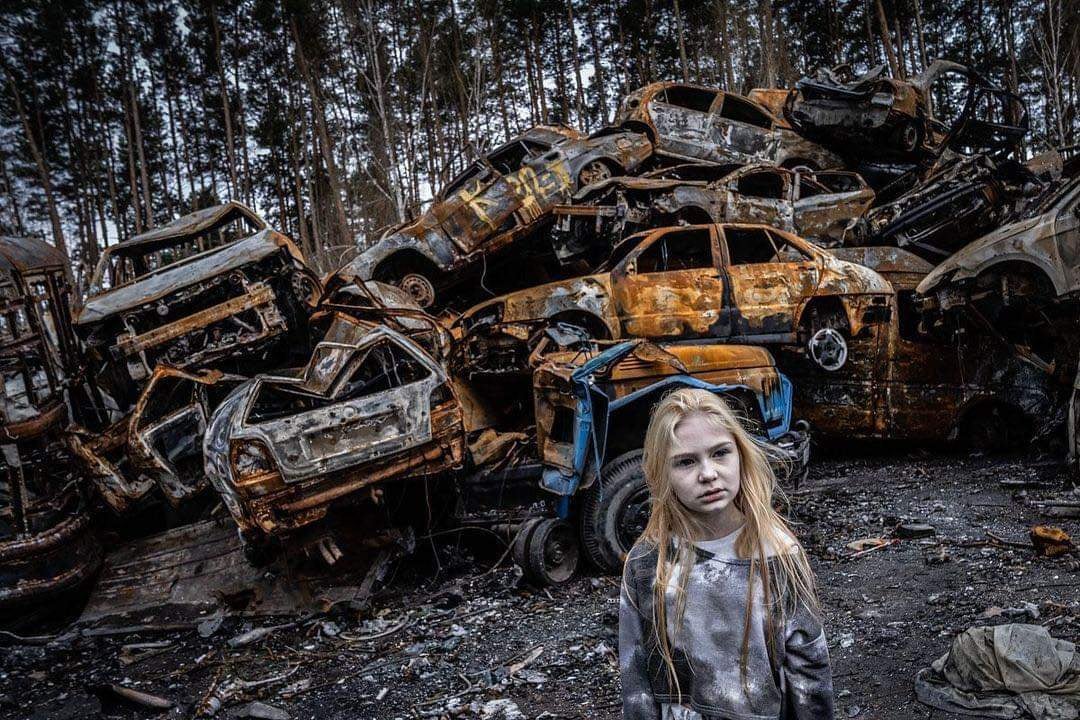
[For urgent updates please follow Ukrainian Freedom News on Telegram]
Social psychologist Oleh Pokalchuk explains how to live in war and why it is worth accepting the fact that life will never be the same as before February 24. The war has changed us, but will we become tough and principled enough to live in Ukraine without corruption, excessive liberalism and tolerance of the enemy? Lviv Now tried to find out the answers.

The war seems to become protracted. How can we get used to it, how will it change Ukrainians or create new challenges and threats to society?
Everyone who asks themselves about this already has some rough notions of what is long or short, and they are very different.
People have different time scales, there are different event histories. There are those to whom this war has caused grief, trouble. There are those to whom it has caused some inconvenience. There are those for whom this war is just to wait somewhere abroad, it is something so remote, inconvenient, but very distant.
There are significant differences between these three types. And these differences will lead to mutual conflicts in finding out what is «protracted».
For some, it is the inability to return home, the lack of a home as such, completely destroyed not only the home but also the past with the people who died. For others, they are internally displaced persons. Some of them fled not so much from the «Russian world» as from the inconveniences of the war. It should be understood that not all Ukrainians share the same views and values. This does not mean that they are traitors and collaborators, but they have a different attitude to what is happening.
Therefore, it is not about when and how the war will end, but about how we should treat it.
Read also: We have to start talking about losses. A psychologist about fatigue and the second month of the war
Psychologists have one simple recommendation for almost all cases of life: either you change the circumstances, or change the attitude to the situation. I would be very happy to change my attitude to the situation. Yes, the more acute the trouble, the more I want it to pass soon, but it will not. This part of the problem should be accepted not as an exception, but as a reality.
What does this mean in practice? How can this be done? Everything we read about the fighting, about the losses of the enemy, about our victories, we put somewhere «beyond parentheses» of our domestic reality.
We need to understand that we will live on for more than a year in such a reality. The threat may or may not be greater. However, if we take this for granted, we will realize that we are moving into another reality, that life will now be like that.
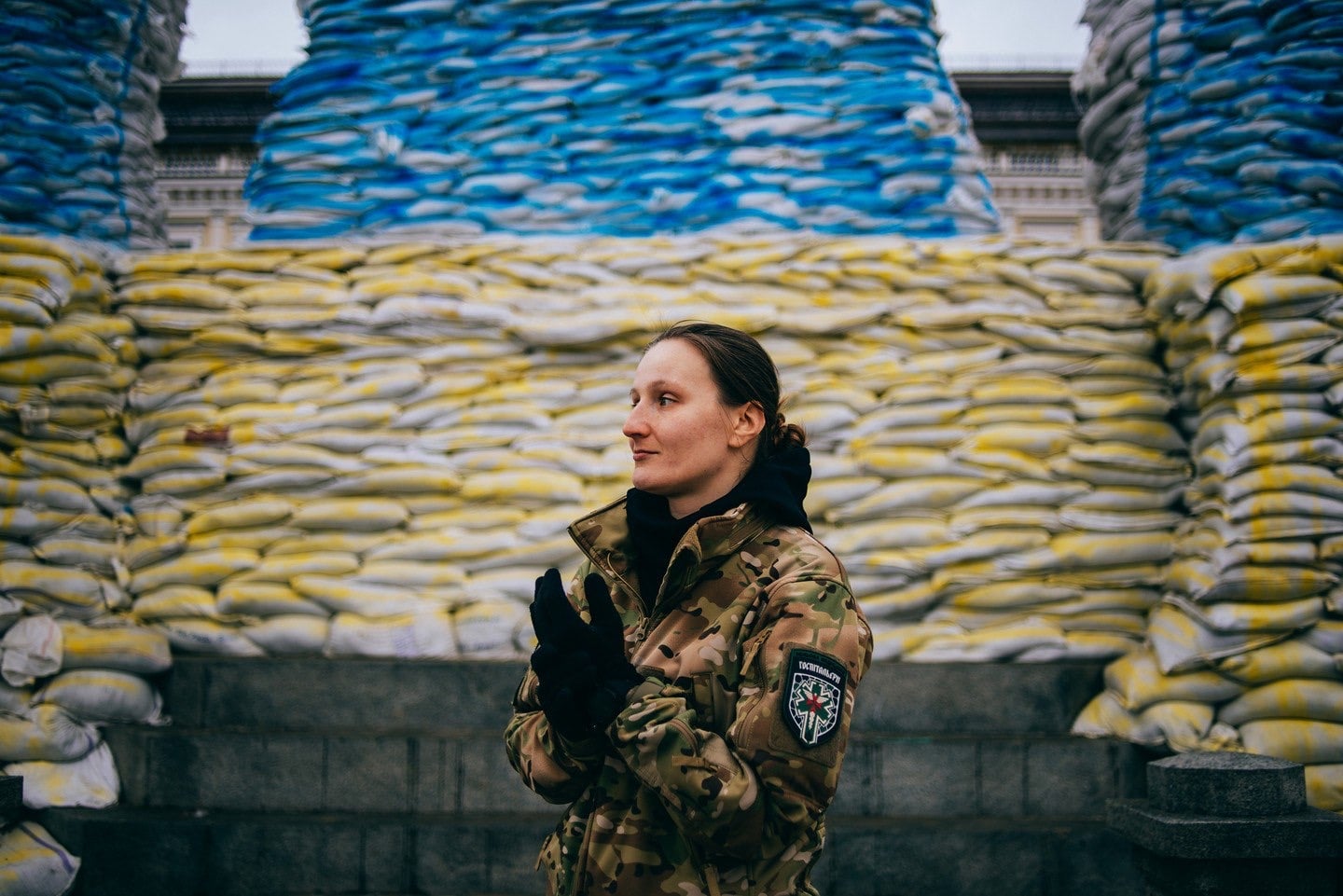
It is unpleasant to realize this, because a person constantly wants to restore his psychological status quo to be as it was before February 24. And this will not happen for various reasons – economic, military, cultural. As a result, a person struggles with himself, wants to return, and reality is constantly changing in the opposite direction. There is an internal irritation, which increases. Under such circumstances, a person begins to focus on others. And I would advise to avoid it.
You can try to rename this concept – «protracted war» to «life in constant danger.» There is nothing new here, we have been living next to a country that is a threat to the whole world for tens, hundreds of years. We have been lulled to sleep for decades, persuaded that it’s not the same anymore, that they have changed, everything has changed, everything would be fine. And it will not be fine. Those, who said it would not be good, were considered a little obsessed. Like, they are radicals, it’s their business, let them think what they want, this is the XXI century, which wars?
At the beginning of the twentieth century, when mankind invented the locomotive, electricity, when some technical advances appeared, everyone was convinced that now they are entering a new era, that humanity is entering a bright horizon of development and will only get better. And the First World War began. At that time, all cultural figures wondered how come.
The reality is this, it does not correlate in any way with our thoughts and dreams. This must be understood, but it takes courage, it takes some effort.
Read also: Four psychological phases of war. Why we are going to the disappointment stage?
The choice is very simple: either people will make this effort on themselves (it is not so traumatic, except a little unpleasant in terms of internal aesthetics), or they will not make and live in constant irritation, which will increase.
Some phase in this war will end, of course, as attempts to capture Kyiv ended, but rocket fire will not go away.
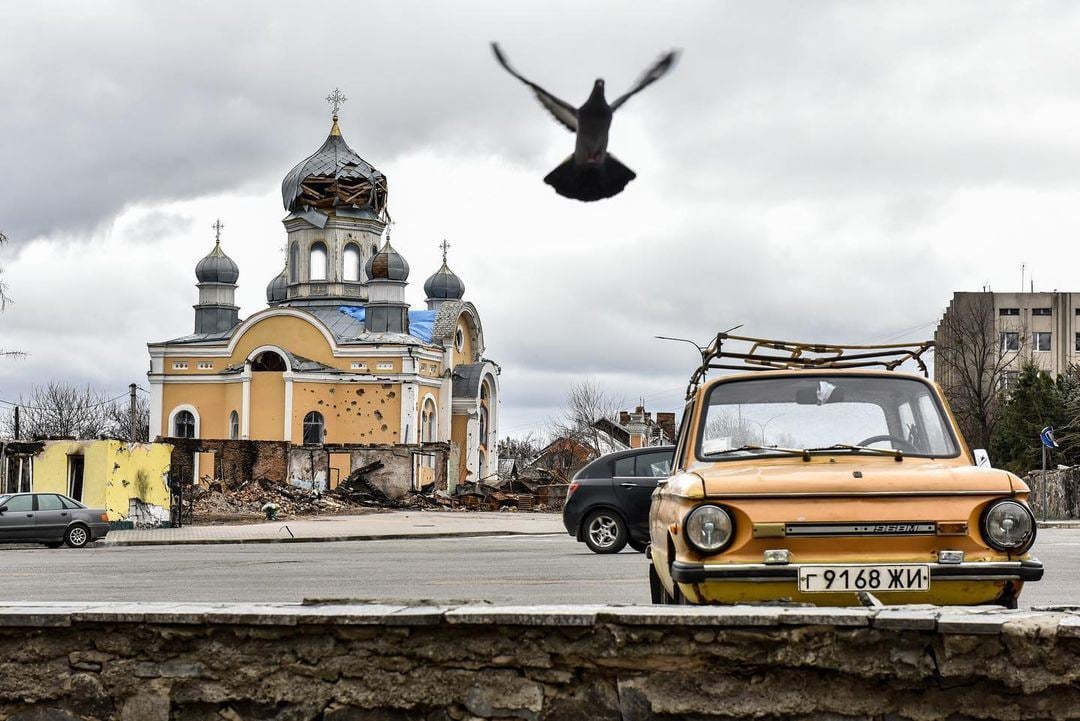
That is, if people postpone the acceptance of what it is for a long time, they won’t live fully, will not plan anything, being constantly waiting in passivity, right?
Yes, they will sit and wait when everything is finally over, and after that, we all will heal. And there is no «later». Acceptance of a new reality is not violence against oneself, but an effort. A person who is aware of this makes some progress in his development as a person.
Ukrainians do not like to admit their mistakes. It seems to us that this is a loss, and we should only go forward and only win. But there is also a sideways movement – this is life.
Therefore, acceptance is not an alien «implant of war», with which we will go and ask each other: «Well, how is your cross, your burden?» and carry it, groaning. You see, this is about the element of growing up.
This is an opportunity to grow…
This is already the following. We are talking about a parameter of the inner world that people do not want to recognize. If we grow to the level you are talking about, where this acceptance looks like an opportunity, it’s easier there. Educated and cultured people somehow accepted the situation, but many people still ask: «When it’s all over, how to live with it?»
The key is to live, but not with it. This is not a major part of our lives. It’s like an element, like an umbrella or clothes from the weather. You have it, but you don’t wear it all the time. When it’s raining, dress accordingly, do not ignore to «go naked.» You can do that, but you will catch a cold. Children behave this way. That’s why I say it’s an acceptance of growing up. When a person psychologically chooses «protective clothing» from political and military «bad weather», then he behaves adequately and does not get sick because of it.
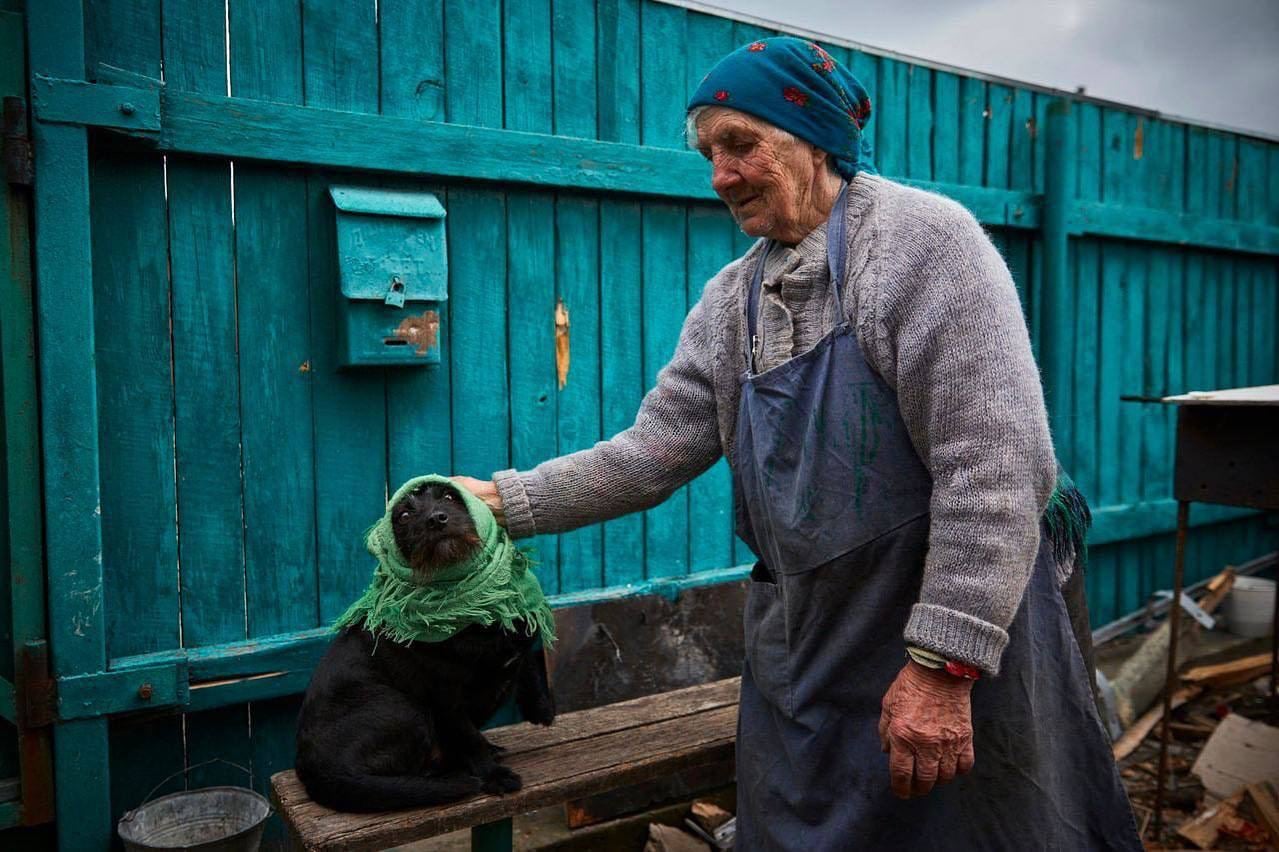
So, does this experience give us a quality opportunity?
People often say that experience leads to growth. I remember various upheavals, revolutions, Maidans, social movements since the beginning of independence, and every time, we said that after that, Ukraine will be different, it will not be the same as before, because everyone would have already understood everything. But radical changes have not taken place, there are gradual changes.
The war provokes abrupt changes in society, the state, lawmaking. As for the psychological, subjective levels, here I am sceptical about the possibility of some radical changes. Man is a rather inert being, he always pulls himself back to the past, when he was a child, when everything was fine.
It takes effort to develop, and it takes resources to make an effort. Not everyone has the strength, and not because they are lazy, but because not everyone has the internal energy budget that will be directed to personal development.
Everyone manages it subjectively: someone spends it on raising children, someone says that he will leave everything and work for Ukraine or lay down his life, soul and body. This is also a choice, there is no better or worse option.
But when a person makes a choice, he must understand what the consequences will be. A person who distributes his energy to his immediate environment can no longer demand from the external environment that it suits him, his desires and needs. And our people cultivate a «cherry orchard», and then say «give me both.» The state says it will first give to those who contributed to it directly. To you as well, but not immediately, later.
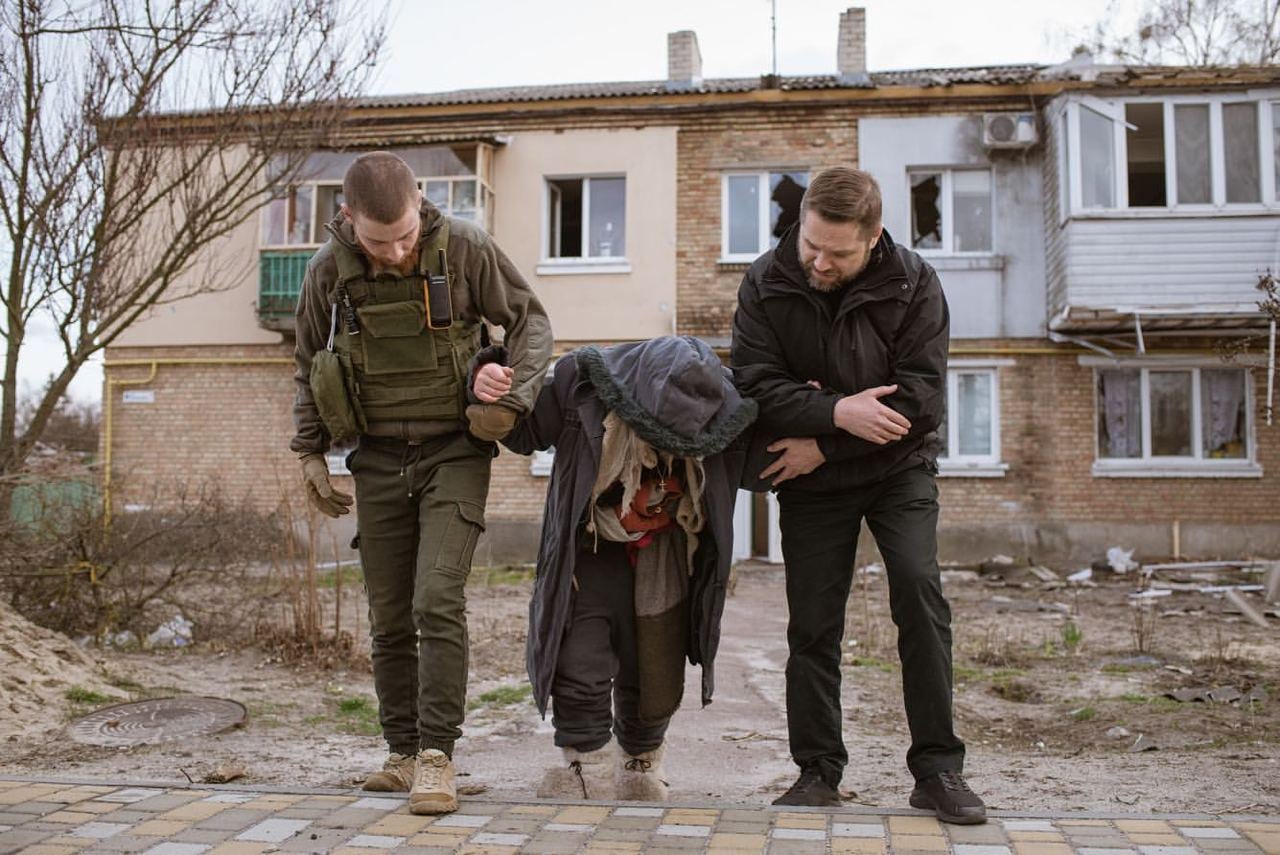
That is why after revolutions changes come, but not the changes we dreamed of. We are a dreamy nation, dreaming of a phantasmagoric future that will soon come, where some fantastic money will appear, everyone will stop stealing… But there are natural laws – economic, political, real circumstances that have nothing to do with dreams.
This is a brutal war that everyone has the opportunity to watch almost live. The bodies of dead Ukrainians, photos of Russian corpses, fierce hatred of the enemy… Children dream of Putin dying, of our soldiers killing as many enemies as possible… How does all this change us?
Non-violent wars happen only in the movies. Our idea of war is shaped by Hollywood directors, where very good people kill extremely bad and ugly people. There, if someone suffers, he does it softly, for a short time, everything is politically correct and quite balanced, and in the end, the good ones win. However, the reality is different. You know, it’s like teenagers trying to learn some role-playing patterns from love books and then being genuinely surprised and annoyed when confronted with a reality where things are different.
The same with war: it is always bloody and cruel. Two generations of Ukrainians were brought up on the book idea of what war is, so it was a real shock to us. People who have been to wars see things differently.
Yes, the scale of the crimes is impressive, but, in fact, there is no moral difference, tortured ten people or ten thousand. This is atrocity, and here is the bad news that it is part of human nature.
It’s like with plants. Man, as a plant, grows not only up to the sun, but also down, into the ground, into the depths, into the darkness. There are plants whose roots go much deeper than the part that sticks out. We treat ourselves and humanity in general as the plant with flowers on which the dew at dawn, everything is so beautiful. And then there is a cataclysm, it turns the plant with its roots, and we see what is inside: worms, darkness, gloom, and it’s unknown where the roots go further. Such is human nature. The struggle between light and darkness is constantly taking place in man. Civilization arose to assert this «upper part», but there has always been opposition to it. We are now confronted with this demonic being, brought up consciously, nurtured by Russia and let out.
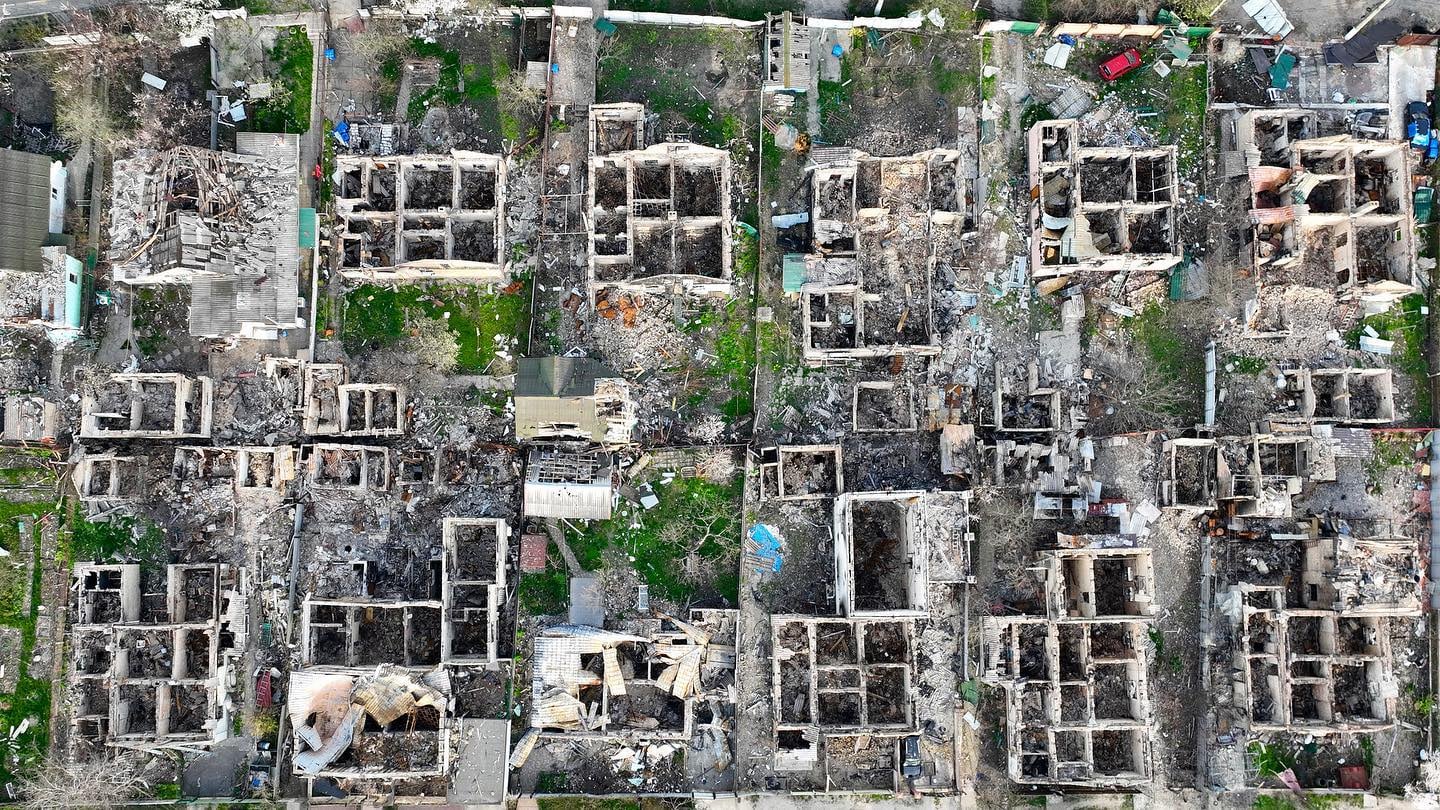
Yes, you say the right thing – we are changing while observing it all. We do not change radically, but change our attitude toward what is happening. This is a normal defensive reaction. We are getting tougher.
Even before the war, I repeatedly said that the liberal world was coming to an end. We have eight billion people. At most one-fifth of the world’s population is in the same conceptual system as we are: North America, Europe, Eastern Europe. But there are most people, cultures that live differently. We are not the whole world yet. We need to understand that people have other values. We lived in such a greenhouse world, we often said that God loves and protects Ukraine so much. But God’s patience ran out.
We started with a collaboration with communists. Let’s be honest, in exchange for statehood, we tolerated corruption, communism and leftism as such, accepted it as a liberal part of our existence, developed corruption within ourselves, because, as it’s said, we have to live somehow. And we came here. If it were not so, we would go the way of Poland. There is, of course, another development option – Belarus, which has stopped in the 90’s…
And now, we are reaping the fruits of our toothlessness, pacifism, eternal begging for something in the West, laziness, unprincipledness. I’m not talking about everyone, but a fundamental part of the Ukrainian people – it was not critical, it was always less than 20 percent. According to Pareto’s law, if a value in the total proportion reaches 20 percent or more, it begins to affect the rest. And we have always had a minority – patriotic, pro-Ukrainian, but a minority. We hugged each other there and convinced ourselves that we are the whole of Ukraine. And this is not true, we deceived ourselves. Now, it will not be so, now this figure will exceed 20 percent. Yes, the price of that maturation and growth is high. We will become tougher, more principled, we will not get polite words to enemies and neighbours who behave incorrectly, and this is normal. It will then soften over time…
80 years have passed since World War II, and the Germans are still treated badly in Israel. Everyone apologized a long time ago, paid a thousand times, but no, because there is something to remember.
The Russians will remain our neighbors. How will we interact with them, or can we even talk about some kind of forgiveness, reconciliation?
I think there are people who will never forgive, and there will be many. I always try to bring people closer to reality. Reality is an unpleasant thing in general, especially for Ukrainians, because we have dreams, plans, we have good songs, we are such an artistic nation. We create own Hollywood in our heads.
There will be a large number of people who will be tolerant of Russia, they will treat Putin badly, because «he is bad, and nobles, Russian nobles are good.» It will be a sad story, there will be conflicts against this background within society. But it will be later when people return from abroad. Russian propaganda will not go anywhere unless Russia disintegrates. But it is from a series of our unrealizable dreams.
You see, people raised in the Russian propaganda system are not necessarily dependent on it, but it is an integral part of it. All these Pushkins and the «Russian world». Russia has closed cultural communication, creating the feeling that it is closer, and everything else is further and alien.
If you do not know that there is English or French literature, then, reading Pushkin, you would think «wow, talented people have written this.» But if you read more, you realize that Russian literature is mostly a tracing of English and French authors. There were educated people, they knew languages and rewrote in their own way, and this was an achievement of «great» Russian literature.
Yes, I would like Ukrainians to say that we will never forgive this again, but we will live next to people who will impose this dialogue, push it, because it is part of their identity. It will be said that it is not necessary to demolish Pushkin or Bulgakov, they will ask «what that writer or poet did to you?»
It must be understood that «Russian world» is not just Russia’s propaganda as such. «Russian world» includes Russian culture, and from it, there is a direct path to Russian occupation. This is an integral part, it cannot be divided, they say, we will cut off the bad Russians and leave the others. It doesn’t work that way.
Before us is the whole world, the whole of Europe, the world culture. It’s easier with young people, they are normally integrated into this world. There are, of course, exceptions when parents are influential, but when the environment is already European, there are no problems. Middle-aged people are a problem because they hold on to that part of their identity that was formed when they were young.
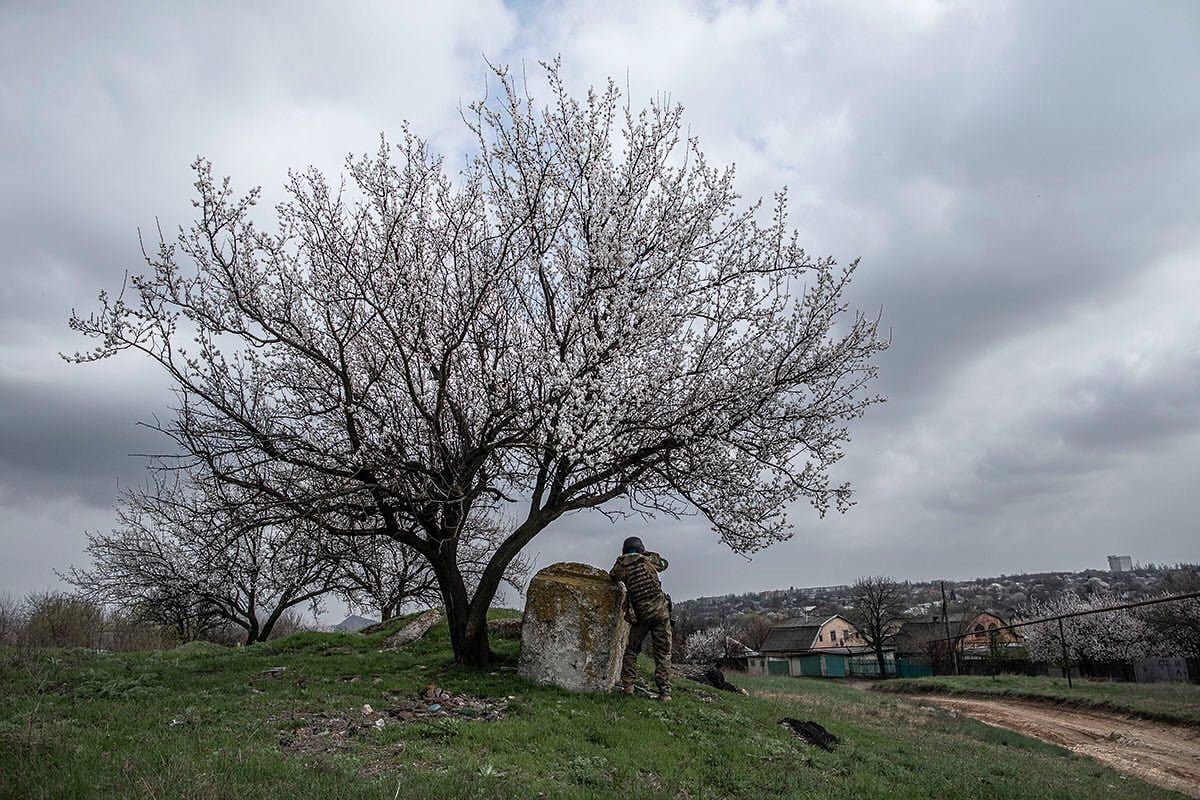
How can we live with that? You know, this is the answer to the question of whether a boy and a girl can be friends. Maybe, but in time nature will take its course. It will somehow fall apart, it will be different, but not all. There will be a review of the attitude to Russia, a revision of how we got to the point where the «Russian world» has launched its bloody paws with us with such intensity as now, how and why it became possible at all. And there will be a great lull, reassurance from various pro-Russian circles. There will be a problem with people who speak Russian, were brought up in this culture and are pro-Ukrainian, there will be different gradations, different dimensions of perception, but we will perceive the world in black and white. Our task is not to turn this controversial dispute into a conflict. We have to argue, and it is sharp, and conflict can arise only where a person violates the criminal code. We are a democratic country. By the way, after the terrorist attack on September 11, the United States adopted the Patriotic Act, a set of laws that for several years tightened these vast opportunities for all kinds of terrorists. This included culture, communication and movement.
On the example of Europe and from our own experience we see: the more democratic country it is, the more is it vulnerable to various terrorist attacks, including informational ones.
What is May 9 for Putin? British intelligence reports that Putin will attack us with unprecedented fury to show Russia’s victory over «Ukrainian fascism.»
The date is significant, of course, but I would not tie it to Putin personally. May 9 is an integral part of Russian propaganda as a whole. Putin has something to say to society, because whoever determines the holidays – he determines how to treat the time in principle, who marked these significant days – he fills the ideological content of the time in which people live. May 9 is a very important date for Russian propaganda, but it must be understood that if they do not boast of special achievements on this day, Putin will not suffer from it. Given the number of lies in Russian society, the sacredness of the dates, behind this lie, May 9 loses its fundamental significance – it remains only propaganda. The propaganda is aimed mainly at the Russian population, it must be mobilized somehow.
Do you think he knows the real picture of this war?
I think he knows. But the thing is not in knowledge, but in interpretation, that is, how it is perceived. We say that they have more than 20,000 personnel losses. It’s supposed to be a lot, but we measure by our own standards – it’s a lot for us. And there are 140 million people. Given the bloodthirstiness of this regime, putting a million people in it is not a problem. You see, the sensitivity of certain losses for Russia lies not in the number of losses, but in the extent to which these losses are perceived as losses. And since the population of Russia lives in an authoritarian regime, these losses are silenced, they do not exist, the «victories» themselves. And if someone died, he is a hero, they give money. A banal story.
Putin knows about the losses and the real picture of this war, but his attitude to it is different: well, 20,000 people died, this is the question of a greater Russia, for such a case is not a pity.
Putin should be seen as an Eastern despot. He tries to be an absolutist monarch, the death of his subjects means nothing to him, their lives are not valuable.
And we take our Ukrainian line and start measuring Putin with it. It is impossible. It is better to look at the history of the eastern countries, the eastern despots, especially Gaddafi, Hussein. How many years they were in power, why they were in power, why the West tolerated these regimes for a long time, until what happened to them became real. These are all pretty similar stories. These dictators are united by utter contempt for their people.
Victoria Savitska spoke, translated by Vitalii Holich
Full or partial publication of the text without the consent of the editors is prohibited and will be considered copyright infringement
Follow us on Facebook and Instagram. Lviv Now is an English-language website for Lviv, Ukraine’s «tech-friendly cultural hub.» It is produced by Tvoe Misto («Your City») media-hub, which also hosts regular problem-solving public forums to benefit the city and its people.






